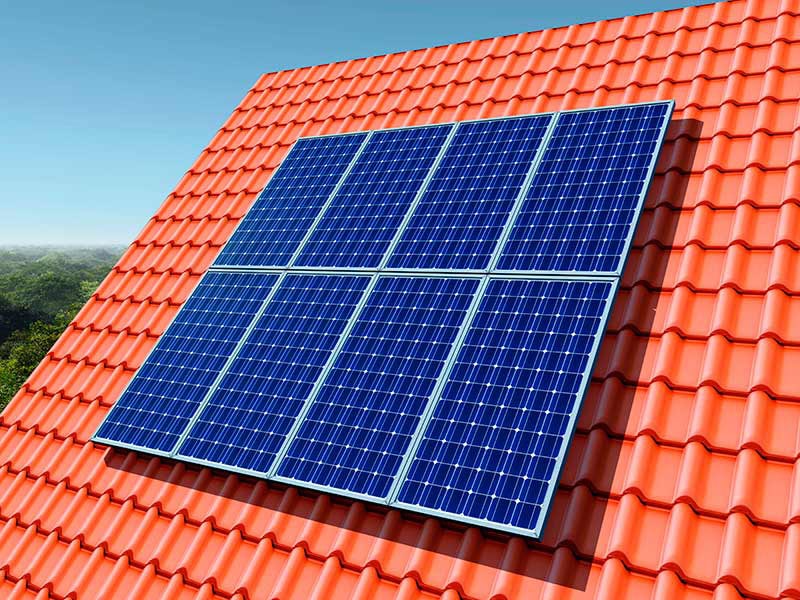Your cart is currently empty!
- Drives (12)
- Ess Inverter (4)
- High Frequency Inverter (5)
- JINKO PANELS (7)
- Low Frequency Inverters (5)
- Mono (4)
- MOUNTING STRUCTURES (0)
- MPPT Solar Charge Controller (3)
- PORTABLE POWER STATIONS (5)
- Solar Pump Inverter (5)
- BATTERIES (13)
- Grid Tied Inverter (19)
- Hybrid Inverters (11)
- Hybrid Storage System (0)
- INVERTERS (53)
- Off Grid Inverter (4)
- SOLAR PANELS (15)
Maximizing Solar Panel Efficiency: Expert Tips

Solar panels are a fantastic investment, but just like a car or a smartphone, they perform best with a little TLC. The more efficiently they operate, the more power they generate—and the more savings you see on your electricity bill! Whether you’re a solar newbie or a seasoned sun-harnessing pro, these expert tips will help you squeeze every last drop of energy from your panels.
1. Keep Your Solar Panels Clean and Clear
Dust, dirt, leaves, and bird droppings may seem harmless, but they can block sunlight and reduce your panel’s efficiency. A thin layer of grime can significantly cut power output, meaning you get less energy while your panels work harder.
A good rule of thumb? Check your panels every few weeks and give them a gentle clean when needed. A soft sponge, mild soapy water, and a garden hose usually do the trick. Just avoid harsh chemicals or abrasive tools—they could scratch the surface and lower efficiency permanently. If you live in a particularly dusty or rainy area, seasonal cleaning might be enough.
2. Positioning Matters: Get the Angle Right
If your panels aren’t facing the right direction, you might as well be throwing free energy away! The best positioning depends on where you live—generally, solar panels should face true south in the Northern Hemisphere and true north in the Southern Hemisphere for maximum sunlight exposure.
The tilt angle is equally important. In some cases, a fixed angle works just fine, but if you want to get serious, consider adjustable mounts. These allow you to change the angle based on the season. In winter, tilt your panels higher to capture the lower sun, and in summer, keep them flatter when the sun is higher in the sky. A little adjustment can lead to big efficiency gains!
3. Prevent Shade and Obstructions
Solar panels love the sun, and even a little shade can cause a dramatic drop in power output. A single shadow from a tree branch, chimney, or nearby building can block sections of your panel and disrupt energy production.
Before installing solar panels, check for potential shading issues throughout the day. If you already have panels installed, monitor their performance and trim any overgrown trees that might be casting unwanted shade. If shading is unavoidable, microinverters or power optimizers can help minimize energy loss by ensuring one shaded panel doesn’t affect the entire system.
4. Invest in High-Quality Solar Components
Not all solar panels and inverters are created equal! A high-quality system might cost more upfront, but it will generate more energy and last longer.
When choosing solar panels, look for:
✔️ High efficiency ratings – More energy from the same amount of sunlight.
✔️ Durability and warranty – At least 25 years of performance guarantees.
✔️ Strong weather resistance – Especially if you live in extreme climates.
Your inverter also plays a huge role in energy conversion. A high-efficiency inverter will ensure that the DC power from your panels is converted to AC power with minimal loss. Hybrid inverters, which work with battery storage, are a great choice if you plan to go off-grid or store excess energy.
5. Regular Maintenance and Monitoring
Would you drive your car for years without checking the engine? Your solar system deserves the same attention! Regular monitoring can help you catch potential issues early, preventing major performance losses.
Many modern solar systems come with monitoring apps that show real-time energy production. Keep an eye on the data, and if you notice a drop in output, investigate the cause—dirty panels, faulty wiring, or inverter issues could be to blame. Scheduling professional checkups every few years can also help keep your system in top shape.
6. Consider Adding a Battery Storage System
A solar battery lets you store excess energy for use when the sun isn’t shining. This is especially useful during nighttime or cloudy days when your panels aren’t generating enough power. Instead of sending extra energy back to the grid, you can use it later, saving more on your electricity bills.
Lithium-ion batteries are the most efficient and long-lasting option. While batteries are an additional investment, they increase energy independence and ensure you make the most out of your solar system. If you’re tired of relying on the grid or experiencing frequent power outages, a battery backup is a game-changer!
Final Thoughts
Solar panels are an incredible way to harness clean, renewable energy, but their efficiency isn’t automatic. A little maintenance, smart positioning, and quality components can go a long way in boosting your energy output. Whether you’re just starting or looking to maximize your existing system, these expert tips will help you get the most out of your solar investment.
So, keep those panels clean, monitor their performance, and let the sun do the rest! ☀️🔋
Would you like more personalized recommendations based on your solar setup? Drop a comment below! 😊

Leave a Reply